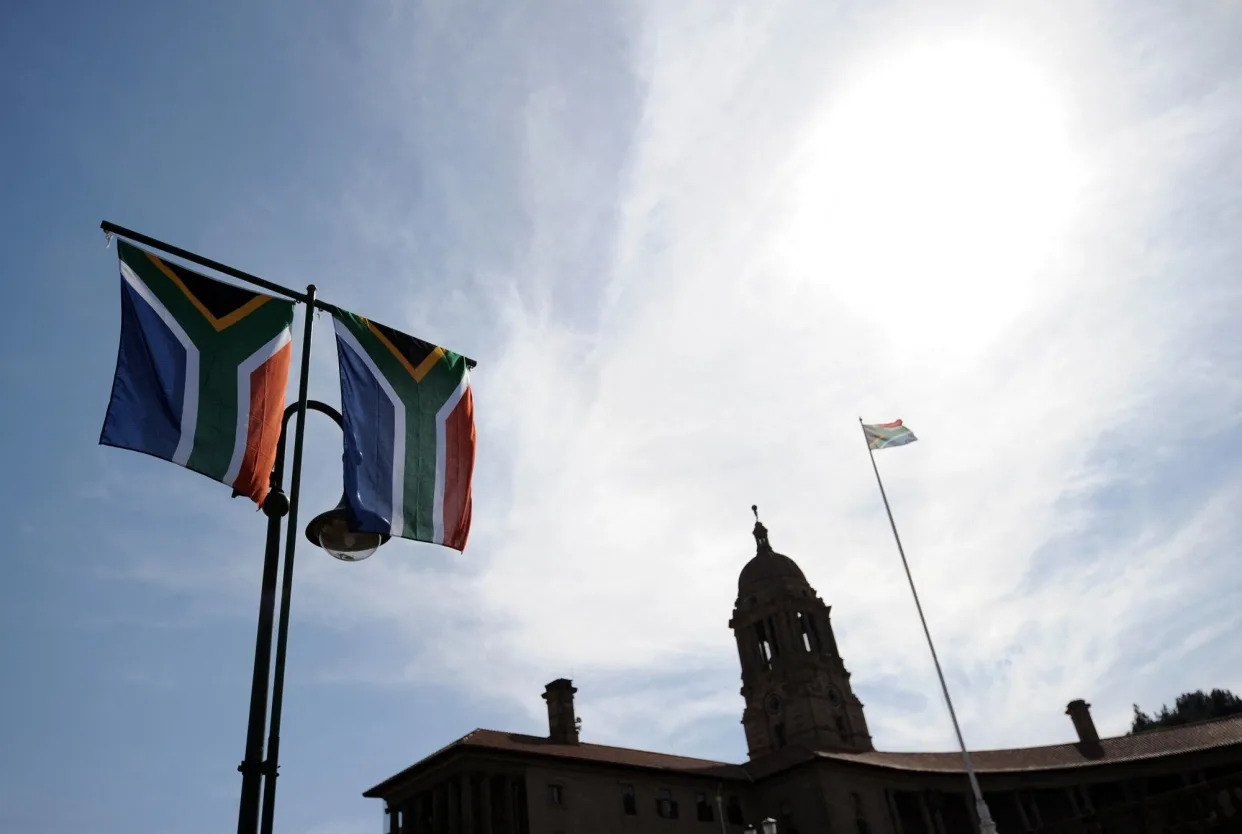Antony Sguazzin
Mon, August 21, 2023

(Bloomberg) -- South Africa may hold bid rounds for projects such as desalination plants and water-reuse projects, the head of the new Water Partnership Office said, as it seeks to boost private investment.
The unit has been partially modeled on the country’s Independent Power Producers Office that’s run bid rounds luring more than 200 billion rand ($10.5 billion) into renewable energy projects, said Johann Lubbe, who’s appointment to head the office was announced on Monday.
We looked at the renewable independent power producer program “and want to replicate some of the successes” in the water sector, he said in interview. “We are all aware that South Africa is a water-scarce country. We need to start responding.”
South African water provision has been hit by both climate change and a lack of maintenance and investment from state agencies and municipalities. The nation is already one of the world’s 30 driest: rainfall averages less than 500 millimeters (20 inches) per year.
Inviting the private sector investment aligns with the broad aims of the government led by President Cyril Ramaphosa, which, stung by public criticism and an erosion of voter support because of poor services, has been taking steps to boost company involvement in everything from power plants to housing.
That’s a break from the reliance on state-led and funded programs in those sectors in the decades that followed the end of apartheid.
Lubbe’s office, which will fall under the Department of Water and Sanitation and be operated with the assistance of the Development Bank of Southern Africa, will help municipalities prepare projects for investment and private participation.
The unit, which was given funding from the National Treasury, will use $235 million from the Green Climate Fund to help create a program of almost $1.5 billion to invest in water-reuse projects. It has also received money from the Bill & Melinda Gates Foundation for its non-sewer sanitation activities and is talks with other agencies to boost funding, Lubbe said.
A national water plan released in 2019 said 900 billion rand needs to be spent on water-supply and storage infrastructure by 2030.
No comments:
Post a Comment